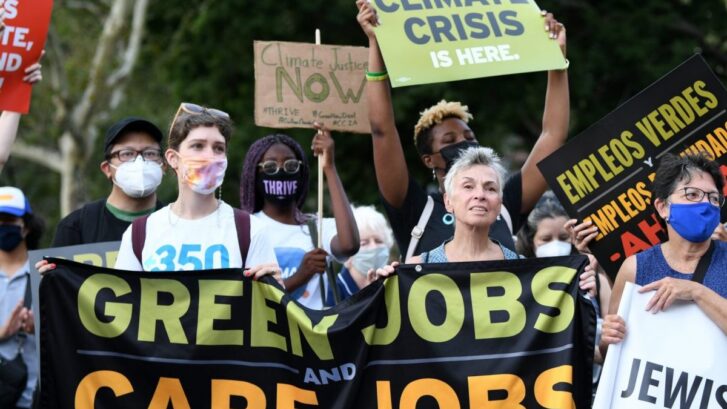Investing to Mitigate the Unintended Consequences of Renewable Energy
The book, “Material World,” written by Ed Conway and published in 2023 by Knopf, discusses the six raw materials that shape modern civilization.
Reading the book got me to wonder if there are climate tech investment opportunities that address the unintended consequences of the transition to renewable energy.
To slow down global warming, it is imperative that we transition from petroleum-sourced energy to renewable energy. But what are the down sides of that transition and do they create investment opportunities?
An illustration.
According to Ed Conway, “Between 1900 and today, the quantity of stone one needed to move and process to produce a single ton of copper rose from 50 tons to 800 tons.” [Due to the depletion of ore which is richer in copper]. “The flip side of getting ever more effective at mining even poorer copper ores is that we displace even more mass of the planet. …. Between 2004 and 2016 Chilean miners increased annual copper production by 2.6% , yet the amount of ore they had to dig out of the ground to produce this marginal increase in refining rose by 75%.”
The renewable energy transition requires lots of copper. Quoting Mr. Conway again, “Between 2020 and 2050, the share of our primary power coming from electricity is forecast to rise from about 20% to 50%. All of a sudden copper becomes the backbone of well everything. … A battery powered bus will require nearly half a ton of copper as motors and circuitry and large slabs busbars as they’re called, capable of carrying even more current than conventional wires. …. Solar needs roughly 7 times as much copper as conventional power stations while the offshore wind needs needing about 10 times as much copper to generate the same amount of power. ….. The real question is how much more of this blasting and digging of ore will people tolerate.”
The photo shows an open-pit copper mine in Chile.
The Semilla Climate Capital Fund is interested in finding and learning about under recognized and underfunded investment opportunities that mitigate the unintended consequences of the shift to renewable energy.










